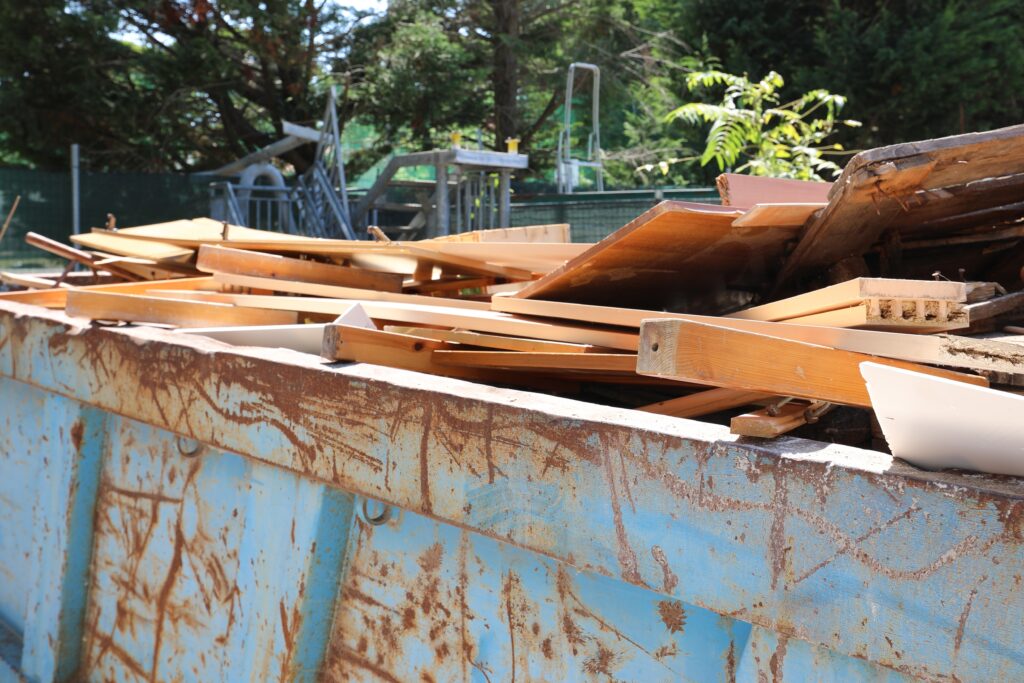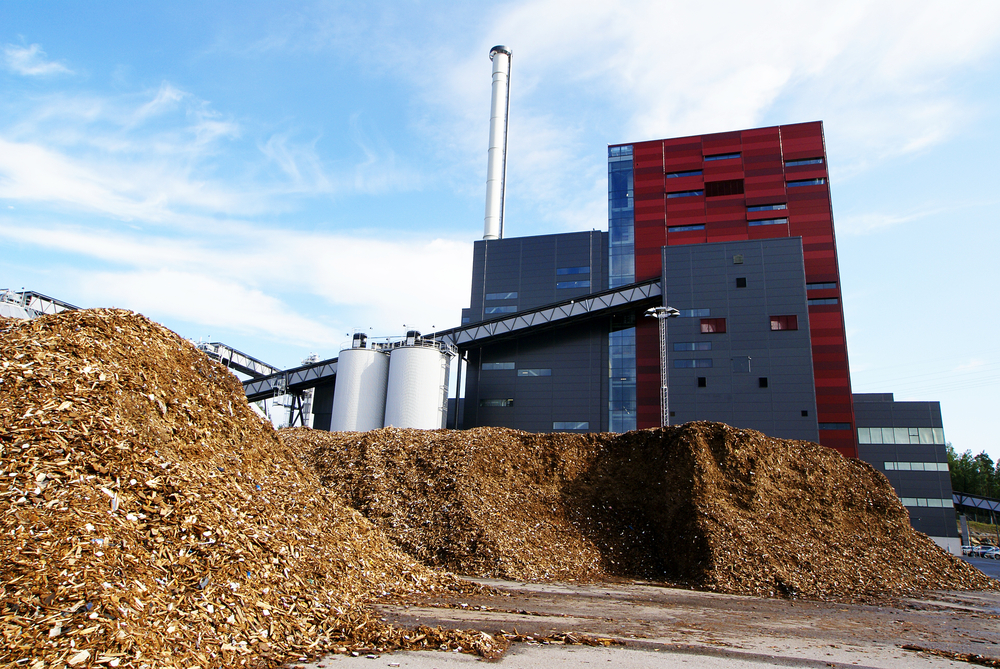But at present, the developers of the technology used in the trials are aiming to use their system to recycle the material into a peat-substitute compost.
The research into using technology made by Sheffield-based Fibresolve in the paper-making process was carried out by the local consultancy Excelar and the Imperial College London (ICL). It demonstrated that that breaking down MDF and chipboard in the Fibresolve system can make it suitable for the production of a grade of paper for use as the inner layer of cardboard.
The trials – carried out over the past year with 150,000 in funding from Waste Recycling Group's Landfill Tax Credits – involved stripping the urea-formaldehyde resin in MDF and chipboard to dry out the fibre.
System
The Fibresolve system was originally conceived 10 years ago, but has undergone much development since then according to its makers. The system uses steam pressure, vacuum and agitation to release wood fibres from fibreboard and separates laminates from the fibre fraction.
Fibresolve also believes its process can recycle MDF and chipboard into new MDF and chipboard manufacturing.
But, although the company said the contribution of the ICL and Excelar researchers has been “invaluable”, the company is now seeking to use its process to turn MDF and chipboard into compost products.
Peter Borodajko, who managed the paper trials for Excelar, said: “Unfortunately we didn't get to test the material with paper companies before funding ran out, but the trials were successful and there's definitely a niche in the market for this type of equipment to recycle MDF.”
WEEE
Fibresolve director Alan Thorpe explained that the company is to offer recycling services for commercial generators of waste electronic and electrical equipment (WEEE) in 2005.
He said: “While there are enormous quantities of waste chipboard and MDF available to recycle, priority will be given to waste chipboard and MDF arising from the WEEE Directive. Fibresolve will be offering a complete service to companies affected by the Directive.”
Mr Thorpe said the company's plant in Sheffield is capable of processing 10 tonnes of material per hour. The company is already aiming to take WEEE from arcade games companies, recycling equipment that can be “up to 50% chipboard or MDF”. Other materials including plastics and electrical components would be returned to manufacturers for re-use, recycled or sent for disposal, he explained.
Compost
The company's peat-substitute compost product would then be sold to the commercial horticulture and landscaping sector, Mr Thorpe said.
“The Fibresolve process has produced results in a number of areas, including using the broken down fibres in a product which can absorb oil spillages, but the easiest option for us at the moment is producing a peat substitute.
“The output from the machine works particularly well in this area because it slowly releases nitrogen over time. This is the sector that we have made most advance in at the moment,” Mr Thorp said.








Subscribe for free